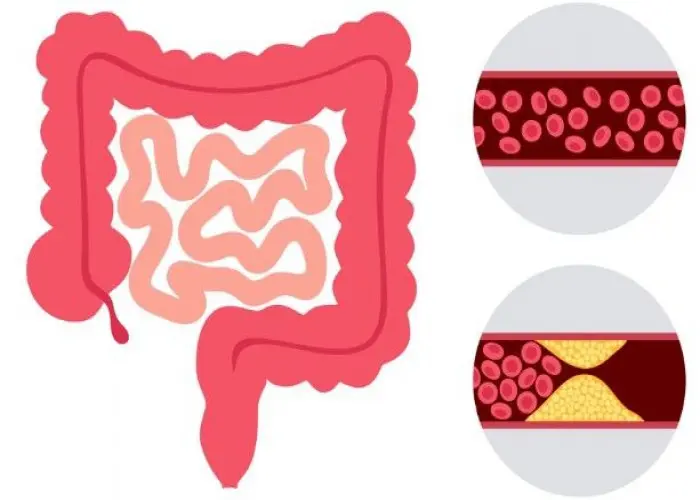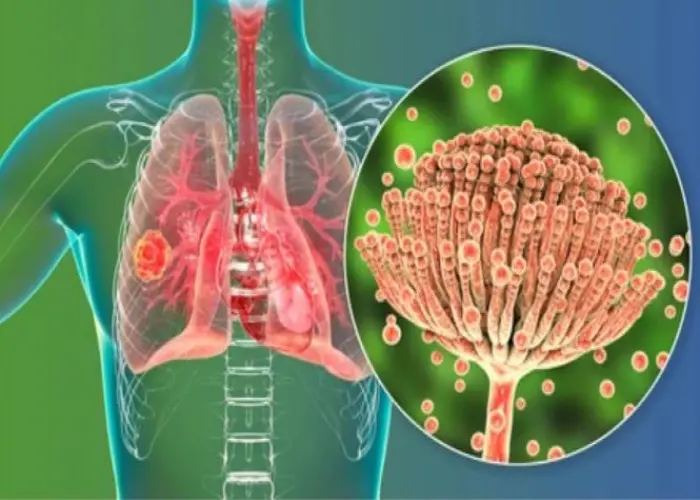 Welcome
Welcome
“May all be happy, may all be healed, may all be at peace and may no one ever suffer."
Ataxia

Ataxia is a group of neurological conditions characterized by a loss of coordination and balance. It can affect the limbs, trunk, and muscles used for speech, making it difficult to perform normal activities. There are several types of ataxia, including:
- Cerebellar ataxia: caused by damage to the part of the brain responsible for coordination and balance (the cerebellum)
- Sensory ataxia: caused by damage to the sensory nerves that provide information about the position of the body
- Vestibular ataxia: caused by damage to the inner ear and the vestibular nerve
- Acquired ataxia: caused by a stroke, traumatic brain injury, or other medical condition that affects the brain and nervous system
- Hereditary ataxia: caused by an inherited genetic disorder that affects the brain and nervous system
The symptoms of ataxia can vary depending on the type and cause, but may include:
- Loss of coordination and balance
- Difficulty with fine motor movements, such as writing or buttoning clothes
- Unsteadiness and clumsiness
- Speech difficulties, such as slurring or stumbling over words
- Eye movement problems
Diagnosis of ataxia may involve a combination of medical history, physical and neurological exams, imaging tests (such as MRI), and genetic testing. There is no cure for ataxia, but treatment may include physical therapy, speech therapy, assistive devices, and medications to manage symptoms and improve quality of life.
If you or someone you know is experiencing symptoms of ataxia, it's important to see a doctor for a proper evaluation and to discuss the best course of treatment. With proper care and support, many people with ataxia are able to manage their symptoms and maintain an active and fulfilling life.
Research Papers
Disease Signs and Symptoms
- Poor coordination
- Difficulty swallowing (dysphagia)
- Lose balance
- Difficulty walking
- Unsteady walk and a tendency to stumble
- Involuntary back-and-forth eye movements (nystagmus)
Disease Causes
Ataxia
Damage, degeneration or loss of nerve cells in the part of your brain that controls muscle coordination (cerebellum), results in ataxia. Your cerebellum comprises two portions of folded tissue situated at the base of your brain near your brainstem. This area of the brain helps with balance as well as eye movements, swallowing and speech.
Diseases that damage the spinal cord and peripheral nerves that connect your cerebellum to your muscles also can cause ataxia. Ataxia causes include:
- Head trauma. Damage to your brain or spinal cord from a blow to your head, such as might occur in a car accident, can cause acute cerebellar ataxia, which comes on suddenly.
- Stroke. Either a blockage or bleeding in the brain can cause ataxia. When the blood supply to a part of your brain is interrupted or severely reduced, depriving brain tissue of oxygen and nutrients, brain cells die.
- Cerebral palsy. This is a general term for a group of disorders caused by damage to a child's brain during early development — before, during or shortly after birth — that affects the child's ability to coordinate body movements.
- Autoimmune diseases. Multiple sclerosis, sarcoidosis, celiac disease and other autoimmune conditions can cause ataxia.
- Infections. Ataxia can be an uncommon complication of chickenpox and other viral infections such as HIV and Lyme disease. It might appear in the healing stages of the infection and last for days or weeks. Normally, the ataxia resolves over time.
- Paraneoplastic syndromes. These are rare, degenerative disorders triggered by your immune system's response to a cancerous tumor (neoplasm), most commonly from lung, ovarian, breast or lymphatic cancer. Ataxia can appear months or years before the cancer is diagnosed.
- Abnormalities in the brain. An infected area (abscess) in the brain may cause ataxia. A growth on the brain, cancerous (malignant) or noncancerous (benign), can damage the cerebellum.
- Toxic reaction. Ataxia is a potential side effect of certain medications, especially barbiturates, such as phenobarbital; sedatives, such as benzodiazepines; antiepileptic drugs, such as phenytoin; and some types of chemotherapy. Vitamin B-6 toxicity also may cause ataxia. These causes are important to identify because the effects are often reversible.
- Also, some medications you take can cause problems as you age, so you might need to reduce your dose or discontinue the medication.
- Alcohol and drug intoxication; heavy metal poisoning, such as from lead or mercury; and solvent poisoning, such as from paint thinner, also can cause ataxia.
- Vitamin E, vitamin B-12 or thiamine deficiency. Not getting enough of these nutrients, because of the inability to absorb enough, alcohol misuse or other reasons, can lead to ataxia.
- Thyroid problems. Hypothyroidism and hypoparathyroidism can cause ataxia.
- COVID-19 infection. This infection may cause ataxia, most commonly in very severe cases.
For some adults who develop sporadic ataxia, no specific cause can be found. Sporadic ataxia can take a number of forms, including multiple system atrophy, a progressive, degenerative disorder.
Disease Prevents
Disease Treatments
There's no treatment specifically for ataxia. In some cases, treating the underlying cause resolves the ataxia, such as stopping medications that cause it. In other cases, such as ataxia that results from chickenpox or other viral infections, it's likely to resolve on its own. Your doctor might recommend treatment to manage symptoms, such as depression, stiffness, tremor, fatigue or dizziness, or suggest adaptive devices or therapies to help with your ataxia.
Adaptive devices
Ataxia caused by conditions such as multiple sclerosis or cerebral palsy might not be treatable. In that case, your doctor may be able to recommend adaptive devices. They include:
- Hiking sticks or walkers for walking
- Modified utensils for eating
- Communication aids for speaking
Therapies
You might benefit from certain therapies, including:
- Physical therapy to help your coordination and enhance your mobility
- Occupational therapy to help you with daily living tasks, such as feeding yourself
- Speech therapy to improve speech and aid swallowing
Research has shown that transcranial magnetic stimulation may help improve gait and postural control in people with ataxia, but more research is needed. Some studies have indicated that aerobic exercise also may be beneficial for some people with idiopathic ataxic syndromes.
Disease Diagnoses
Disease Allopathic Generics
Disease Ayurvedic Generics
Disease Homeopathic Generics
Disease yoga
Ataxia and Learn More about Diseases

Tongue-tie (ankyloglossia)

Patent ductus arteriosus (PDA)

Ischemic colitis

Constipation

Adult attention-deficit/hyperactivity disorder (ADHD)

Blepharitis

Dwarfism

Aspergillosis
Ataxia, Friedreich's ataxia, Ataxia telangiectasia, Ataxic gait, অ্যাটাক্সিয়া
To be happy, beautiful, healthy, wealthy, hale and long-lived stay with DM3S.
